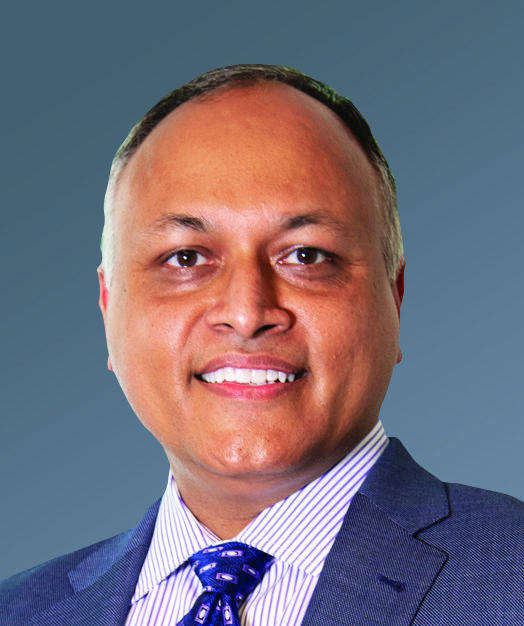
The finalists for WashingtonExec’s Chief Officer Awards were announced April 15, and we’ll be highlighting some of them until the event takes place virtually May 27.
Next is Chief Technology Officer Award finalist Srini Iyer, who’s CTO and senior vice president at ManTech. Here, he talks key achievements, primary focus areas, career advice and more.
What key achievements did you have in 2019/2020?
Last summer, I worked with our executive leadership to create ManTech’s new Innovation and Capabilities Office — or ICO — whose mandate is to develop and standardize new innovative technology solutions that help solve our federal customers’ hardest problems.
Through the ICO, we are developing advanced technologies at speed in areas such as artificial intelligence, advanced analytics, cognitive cyber, and intelligent systems engineering.
We’ve also enhanced our ability to implement zero trust protocols into our mission and enterprise IT work – this is interesting, because the success of zero trust depends as much on an organizational culture and mindset shift as it does on the technology itself.
What has made you successful in your current role?
It’s not what you might expect — the longer I’ve worked in government services, the more I think the secret sauce is effective communication. Success as the CTO of a large organization requires not just deep technical knowledge and a solid team, but the ability to consistently articulate your team’s vision and successes to senior management, to prospective new employees, to journalists, and ultimately — to industry at large.
Doing the work — solid execution at the highest levels — is table stakes. But it’s also important to be able to gain buy-in from a broad cross-section of stakeholders — to sell them on your vision and why it’s the right choice at the right time. This requires listening as much as talking. Only by first understanding the needs of your external customers and those of your organization – including your boss, your colleagues and direct reports — can you then properly align your team’s goals to the big picture and really be a catalyst positive change.
What are your primary focus areas going forward, and why are those so important to the future of the nation?
Success in delivering national security services is increasingly dependent on speed and agility. Today’s defense, intelligence and civilian agencies recognize the need to act swiftly to deploy the best possible technologies in the shortest amount of time.
Part of ManTech’s continual success in government services since our founding in 1968 has been our ability to adapt to change. Now, technology is improving so quickly — especially with the accelerated development of machine learning and AI — that it’s our responsibility to ensure our customers can keep up and have access to the latest and greatest tools.
I foresee broader acceptance by government agencies of nontraditional sources of innovation, adoption of commercial technologies and interagency partnerships to develop new capabilities.
What’s the biggest professional risk you’ve taken?
Leaving the commercial sector for government services. I was recruited shortly after 9/11 by a retired Navy captain who worked for a large systems integrator. He was looking for a catalyst who could help energize his business unit by bringing a new perspective and helping to change his team’s culture — bringing a focus on speed and continual innovation. The pace, rhythms, even the language used by the government contracting world is different from that used by the commercial world. It was a huge change for me and a career risk.
But looking back, I couldn’t be prouder to have made that shift. My work today supports some of our nation’s most important national security missions, and I still get to play at the forefront of technological innovation.
What’s your best career advice for those who want to follow in your footsteps?
As has been proven time and again, your success as a manager really depends on the quality of your team. Hire good people and take the time to mentor them well. Listen to diverse perspectives — the best ideas often come from the quietest voices.
On mentorship, I believe in leading by example, in being available to my team and doing what I can to increase their visibility and support their careers. In an industry where the competition for talent is fierce, corporate culture truly matters. The moment you begin taking your team members for granted is the moment you risk losing them to a competitor.
In addition, I recommend reading widely and being as active as possible in industry events. It’s all too easy to get caught-up in the day-to-day demands of your company and miss the forest for the trees. It’s critical to stay engaged in your broader industry and take the time to meet, share and learn from your peers and competitors. This leads to a broader perspective and helps ensure that I’m helping ManTech develop and implement the best strategies possible to serve our federal customers and their national security needs.

